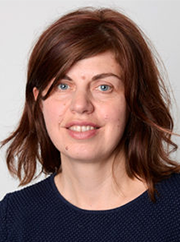

Norman Sartorius is a German-Croatian psychiatrist and university professor. Sartorius is a former director of the World Health Organization's Division of Mental Health, and a former president of the World Psychiatric Association and of the European Psychiatric Association. He has been described as "one of the most prominent and influential psychiatrists of his generation".
Homepage
https://www.researchgate.net/profile/Miro-Jakovljevic
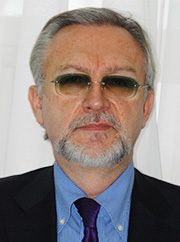
Homepage
https://btk.kre.hu/index.php/kovi-zsuzsanna
Professor Kövi is a professor of Psychology and the dean of the Department at Károli Gáspár Reformed University. Her research and education areas include cross-cultural comparative research, health science research, experience as well as art therapy, talent search, talent management, and substance use protection and risk factors. She has participated in a number of research groups and international cooperation projects, with a total of 76 scientific publications and 399 independent citations. She has rich research experience in this field.
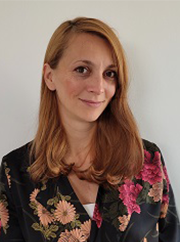

Homepage
https://prabook.com/web/kotel.da-don/2141216
https://orcid.org/0000-0002-3542-3754
(ORCID)
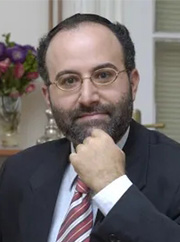
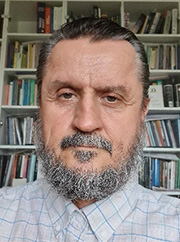
Homepage
https://www.researchgate.net/profile/Mevludin-Hasanovic
http://www.upubih.com/3kongres/program/pozvani-predavaci/mevludin-hasanovic.html
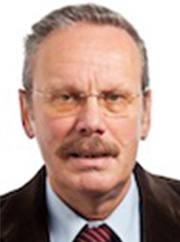
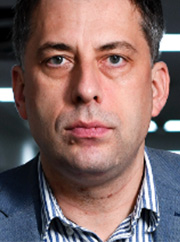
Research Interest
Borjanka Batinic is an associate professor at the University of Belgrade, Faculty of Philosophy, Department of Psychology, Belgrade, Serbia. She is a medical doctor specializing in psychiatry, at the Clinic of Psychiatry, University Clinical Center of Serbia. She is a licensed psychotherapist, educator, and international supervisor for Rational Emotive & Cognitive Behavior Therapy and techniques. She is a member of the Serbian Psychiatric Association, the European Psychiatric Association, the World Federation Society of Biological Psychiatry, the European Association for Behavioural and Cognitive Therapies, and the International Association for Rational Emotive Behavior Therapy.
Homepage
https://www.researchgate.net/profile/Borjanka-Batinic
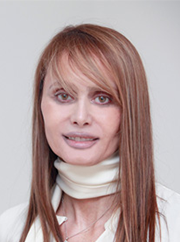
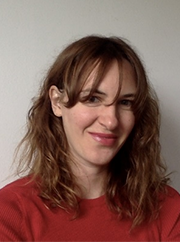
Research Interest
Dr. Helena Dukić holds a BA degree in piano from Music Academy Zagreb (2010) and a BA in Music from the University of Cambridge (2011) where she graduated on the theme of synchronized and asynchronized rhythmic interactions. She studied film composition as her master’s degree at Kingston University, London (2013) researching the influence of film music on the perception of image and movement on the screen. Helena is a Level III Guided Imagery and Music trainee and is currently in education for a Gestalt psychotherapist. Dukic completed her Ph.D. in 2019 at the University of Graz, Centre for Systematic musicology, focusing on the narrative nature of music and imagery in GIM, and has since presented her research in numerous international conferences and in four peer-reviewed papers.
a Jesuit, was born in 1953 in Gornji Zovik (Bosnia and Herzegovina), now lives in Zagreb (Croatia). Completed studies in philosophy and theology in Zagreb. He received his master's degree in depth psychology at the Pontifical Gregorian University in Rome, and in 2002 he defended his doctoral dissertation at the Catholic Faculty of Theology in Zagreb: "The Image of God in New Religious Movements". Since 1992, he has been teaching psychology, psychology of religion and history of religions at the Faculty of Philosophy of the Society of Jesus in Zagreb (now: Faculty of Philosophy and Religious Studies). He teaches Eschatology and Theological Anthropology at the Philosofical-Theological Institute of the Society of Jesus (study of theology).
He has published several articles in various magazines. He participates in national and international symposia. He is the editor of several collections: New Religious Movements (1997), Reincarnation and/or Resurrection (1998), Faith and Health (2006). He published three books: The Image of God in Religious Sects and New Religious Movements (2003), Family Psychology (2004), Through the Eyes of a Psychologist and Theologian (2011) and four booklets: How Faith Overcomes Fear (2005) False and True Images of God (2006), Biblical Psychotherapy (2008) and How to Overcome Stress and Crisis (2022). He holds spiritual exercises for priests and nuns and psychological-spiritual seminars for managers on the role of spirituality in stress management.
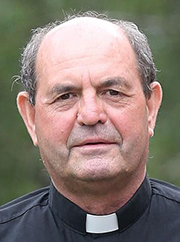
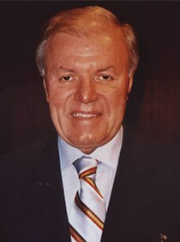
EDUCATION: in 1966 MD degree at the University of Zagreb; from 1971-1972 as a British scholar, research assistant at the Institute of Obstetrics and Gynecology, University of London; in 1974 specialist in obstetrics and gynecology; in 1977 PhD degree.
He is a regular member of European Academy of Sciences and Art, International Academy for Human Reproduction, Italian Academy of Science and Art of Reggio Puglia, Academy of Medical Sciences of Catalonia; honorary member of American Institute of Ultrasound in Medicine and Biology; foreign member of Russian Academy of Medical Sciences; Regular Fellow of Russian Academy of Science; member of Academy of Science and Art of Bosnia and Herzegovina. Presently, he is Past President of World Association of Perinatal Medicine; coordinator of Educational Committee of World Association of Perinatal Medicine; President of International Academy of Perinatal Medicine and Fellow of World Academy of Art and Science; founder and director of Ian Donald Inter-University School of Medical Ultrasound.
Dr Tatjana Buklijas has a MD degree from the University of Zagreb and PhD in history and philosophy of science from the University of Cambridge. She is Associate Director of Koi Tu: The Centre for Informed Futures, Senior Lecturer in Global Studies and Director of the Europe Institute, The University of Auckland, New Zealand.
In her research she combines her training and experience in medicine, history and philosophy of science and social studies of science. Her primary research interest has been in the history and social studies of recent biomedical and biological sciences (especially developmental biology, epigenetics, and evolutionary biology) but she has also contributed to science, through her earlier work on theoretical underpinnings of the fields of evolutionary medicine and developmental origins of health and disease. Her other area of interest are the intersections between science studies and political (democratic) theory through her work on public decision-making around complex, science and technology related issues.
